The Goods and Services Tax (GST) has revolutionized the Indian realm of taxation. The GST Network (GSTN) is central to the GST framework, a robust platform that facilitates the entire GST process. At Eazy Startups, we offer seamless GST Apply Online and GST Return Filing Online services in India, ensuring businesses can navigate the GST landscape effortlessly. Let’s dive into GSTN and why it is crucial for the GST system.
- What is GSTN?
- Key Functions of GSTN
- Importance of GSTN in the GST Ecosystem
What is GSTN?
The Goods and Services Tax Network (GSTN) is a non-profit, non-government organization that manages the IT infrastructure needed to support the GST system. Launched in 2017, GSTN is the backbone of the GST regime, providing a unified interface for taxpayers, the government, and other stakeholders. Its primary objective is to facilitate the collection and management of indirect taxes, ensuring transparency, efficiency, and compliance.
Key Functions of GSTN:
Registration:
GSTN provides a user-friendly portal for businesses to register under GST. The online registration process is streamlined, reducing paperwork and making it easier for businesses to comply with the mandatory registration requirements. At Eazy Startups, we simplify this process even further, helping businesses easily apply for GST online.
Invoice Generation and Matching:
GSTN facilitates generating and matching invoices, a critical function ensuring accuracy in tax filings. Businesses upload their invoices to the GSTN portal, which then matches the input tax credit claimed by the purchaser with the tax paid by the seller. This system helps prevent tax evasion and ensures that all transactions are accurately recorded.
Return Filing:
One of the core functions of GSTN is to allow businesses to file their GST returns online. The portal offers a streamlined process for filing various returns, including GSTR-1, GSTR-3B, and annual returns. Eazy Startups provides expert assistance in filing GST returns, ensuring accuracy and compliance with all regulations.
Payment of Taxes:
GSTN allows taxpayers to pay their GST liabilities online. The portal integrates with multiple banks, providing a secure and convenient way to make tax payments. This integration simplifies the payment process, ensuring timely remittance of taxes.
Importance of GSTN in the GST Ecosystem:
Enhancing Transparency:
GSTN plays a crucial role in enhancing transparency within the GST system. By digitizing the entire process, it ensures that all transactions are recorded and are easily trackable. This transparency helps in reducing corruption and increasing trust among taxpayers.
Improving Compliance:
The user-friendly interface of GSTN makes it easier for businesses to comply with GST regulations. From registration to return filing, the platform simplifies every step, reducing the chances of errors and non-compliance. At Eazy Startups, we leverage GSTN to offer efficient GST services, helping businesses stay compliant with ease.
Data Analytics and Monitoring:
GSTN provides valuable data analytics and monitoring capabilities to the government. By analyzing transaction data, authorities can identify patterns, detect anomalies, and take necessary actions to curb tax evasion. This data-driven approach ensures a fair and efficient tax system.
Conclusion
The GST Network (GSTN) is a pivotal component of India’s GST system, ensuring efficiency, transparency, and compliance. At Eazy Startups, we are committed to helping businesses navigate the GST landscape with ease. Our GST Apply Online, and GST Return Filing Online services in India are designed to simplify the entire process, ensuring that businesses can focus on their growth while we take care of their GST compliance needs.



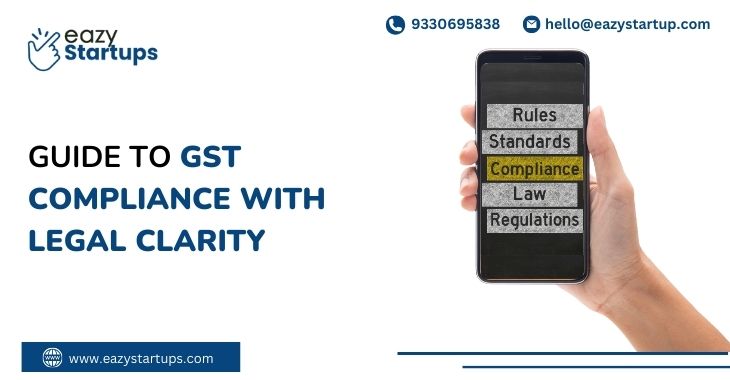
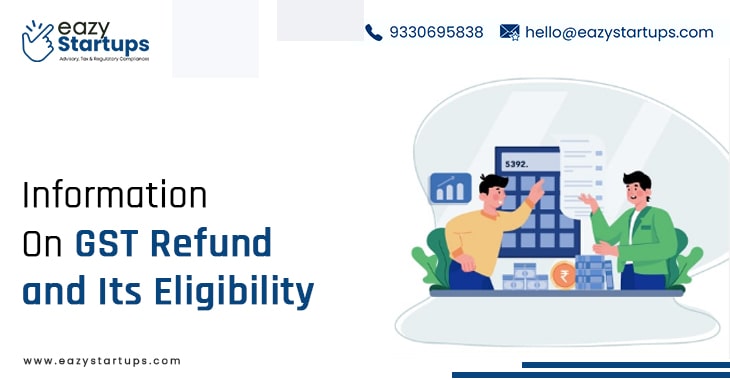
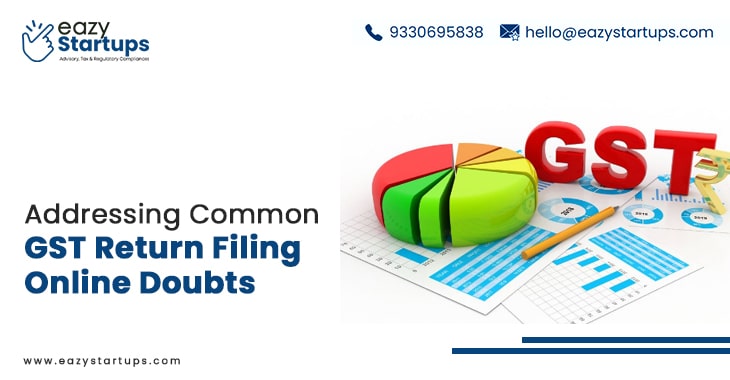
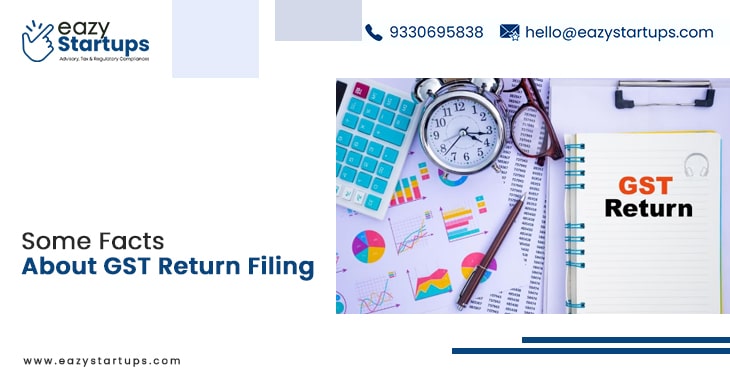
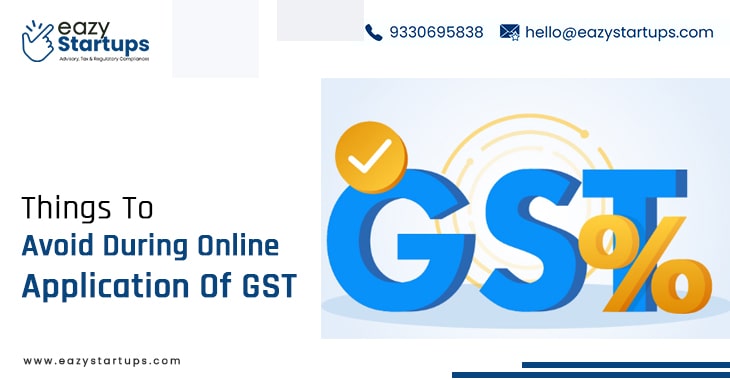


Recent Comments